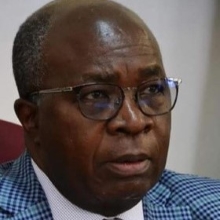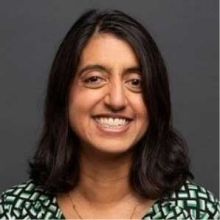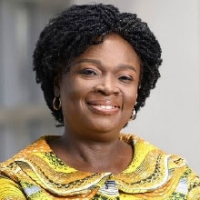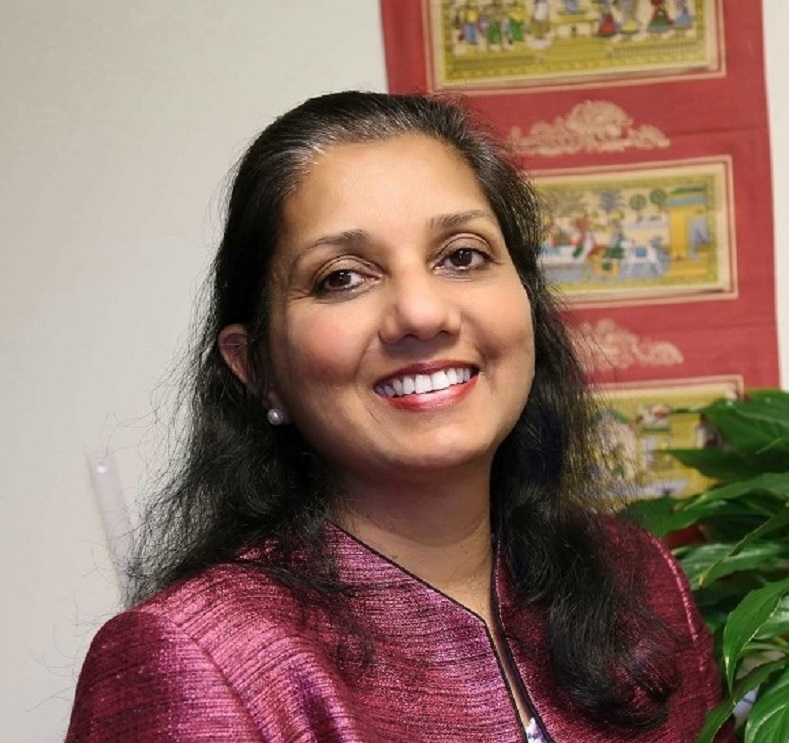- OVERVIEW
- AGENDA
- SPEAKERS
Balancing environmental quality and economic progress has always been a key challenge for policymakers in Sub-Saharan Africa and around the world. While the two objectives may sometimes be at odds, there are also win-win opportunities.
This session explored such opportunities from both theoretical and practical perspectives, considering climate change-driven headwinds. Sub-Saharan Africa's future economic development is likely intertwined with its ability to integrate green growth strategies into national development agendas.
DATE: Wednesday, February 21, 2024
TIME (LUSAKA): 3 PM - 4 PM
TIME (WASHINGTON DC): 8 AM - 9 AM
3:00 – 3:05 pm (Lusaka) Opening Remarks
- Victoria Kwakwa, Regional Vice President for Eastern and Southern Africa, The World Bank
3:05 – 3:20 pm The Growth-environment nexus in Sub-Saharan African countries
- Seema Jayachandran, Professor of Economics and Public Affairs, Princeton University (confirmed)
3:15 – 3:40 pm Open conversation on Challenges and Opportunities for Green Growth in Sub-Saharan Africa
Panel chair: Victoria Kwakwa, Regional Vice President for Eastern and Southern Africa, The World Bank
Panelists:
- Dr. Situmbeko Musokotwane, Minister of Finance and National Planning of Zambia
- Seema Jayachandran, Princeton University
3:40 – 3:55 pm Q&A; Chair: Victoria Kwakwa
3:55 pm – 4:00pm Closing Remarks
- Abha Prasad, Practice Manager for Macroeconomics, Trade and Investment in the Eastern and Southern Africa Region, The World Bank
Date: February 21, 2024
Time: 08:00 AM - 05:00 PM ET
Location: Online




